- I learned about d/Deaf poetry in a seminar on literature and medicine. It completely changed the way I visualised language and literature. There’s a whole world of d/Deaf poetry online but I thought I’d share one poem called “Symbiosis” by Douglas Ridloff!
“Symbiosis” by Douglas Ridloff
In his mission to create a permanent collection of the visual vernacular, Douglas Ridloff created ASL SLAM – a monthly poetry and storytelling event in New York City. See him perform one of his newest pieces, “Symbiosis”:
https://www.youtube.com/watch?v=Wvgdn8WtOnM
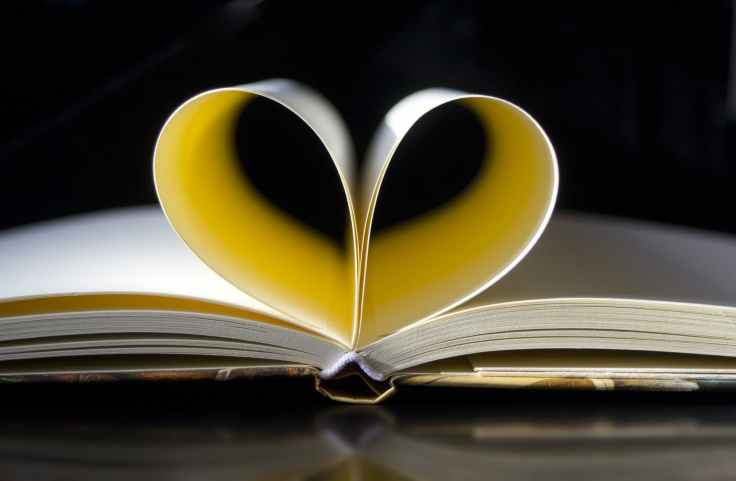
2a. ‘Why our future depends on libraries, reading and daydreaming’ by Neil Gaiman is another brilliant read on the value of reading and of the imagination – through higher education and beyond: https://www.theguardian.com/books/2013/oct/15/neil-gaiman-future-libraries-reading-daydreaming
2b. It’s very worth watching that speech on YouTube too, such a special speech, beautifully delivered too: https://www.youtube.com/watch?v=yNIUWv9_ZH0
- Short and sweet and comprehensible and made me get it after two/three years of not understanding anything Judith Butler wrote. Espec useful for critical writing in hums (+ probs most arts courses lol): https://www.youtube.com/watch?v=Bo7o2LYATDc&app=desktop
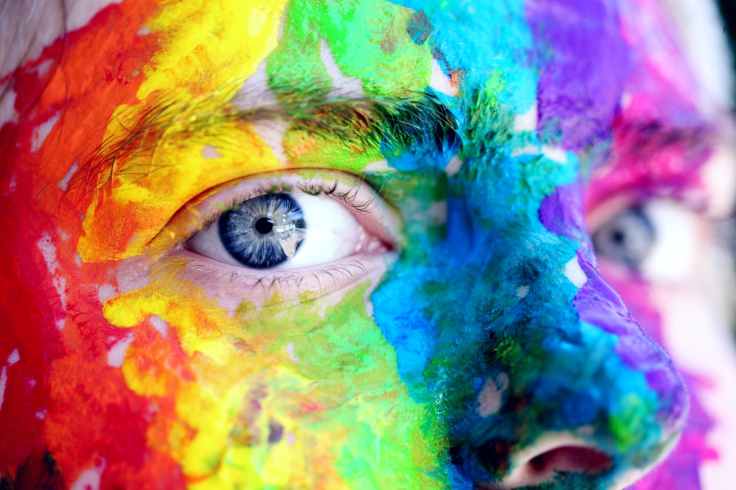
- This video and ethics of vulnerability, in general, might have helped me accept that it was totally okay to ask for help when you are encountering some of life’s contingencies whilst studying. Certainly helped me to find innovative ways of coping: https://www.youtube.com/watch?v=KmWNB7XDvnM
- Not academic, but I wish I had read something that could have reassured me when I felt quite isolated emotionally when first startIng at uni (as all you hear is “best years of ur life narratives” from skl) and how it gets easier…I wonder if such a thing exists…
- In keeping with the connection between opening up to vulnerability and finding new ways of relating to one another during difficult times, I created the ‘Voicing Vulnerabilities in HE’ podcast which covers a few students’ stories of navigating difficulties: https://soundcloud.com/biltvoicingvulnerability
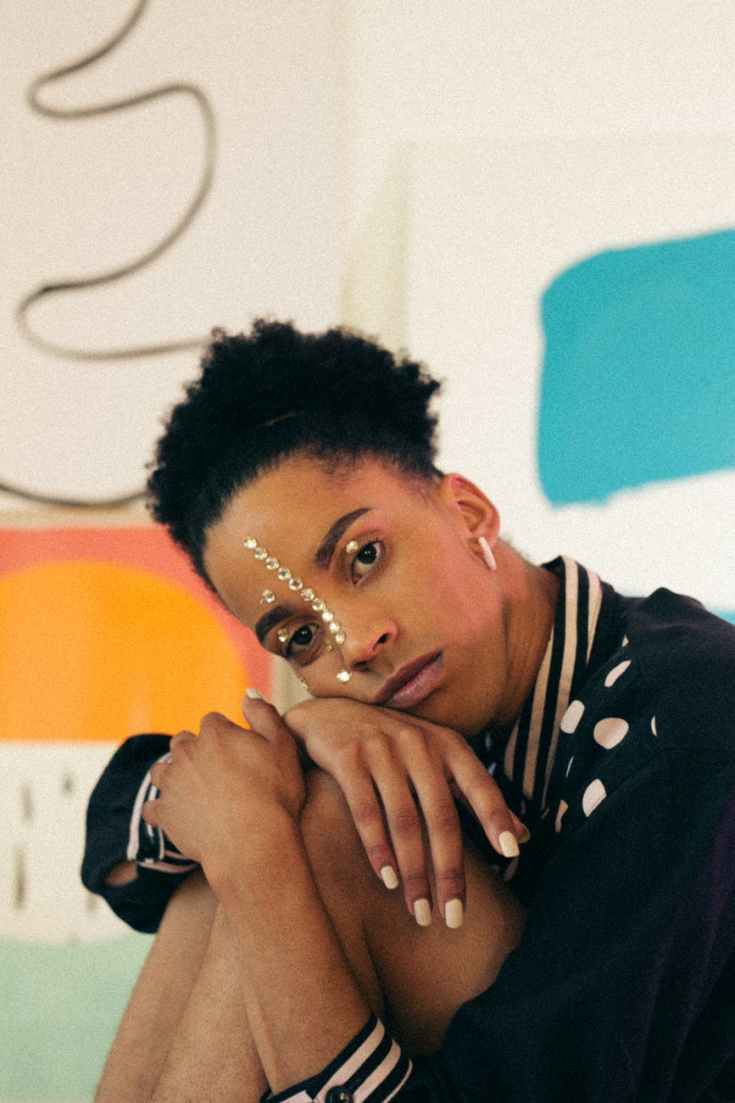
- Definitely check out the Liberal Arts magazine, with contributions from one of our favourite graduates!!
https://www.liberalarts.org.uk/memory-in-montreal-on-recapturing-leonard-cohen/
And
https://www.liberalarts.org.uk/the-best-thing-for-being-sad/
- For time management I recommend a short book by Brian Tracy called “Eat That Frog”*. My advice, especially to first years, is to engage with your subject out of interest without stressing about grades, leaving ample time to build friendships and go out and enjoy the city. That said, for those of us who struggle with procrastination and initiation of large, daunting tasks, I cannot recommend this book enough.
*also available as an audiobook
- I wish I’d read ‘Sapiens: A Brief History of Humankind’ by Yuval Noah Harari before starting uni. It makes you see humanity and the world completely differently, and is highly interdisciplinary, so perfect for incoming Liberal Arts students. It draws on history, anthropology, linguistics, philosophy and religion to name but a few, as well as discussing science and economics in a really accessible way (for me at least, with my arts background). It also makes you think about humanity’s future, such as our impact on the environment, and AI – issues that you’ll take on during the Liberal Arts course.
- I guess it’s ‘popular non-fiction’ rather than anything you’ll read during the course, but I recently read Range: How Generalists Triumph in a Specialized World by David Epstein and found it really interesting. Kind of validated my choice to study Liberal Arts and made me think more about the benefits of it.
- A more casual read perhaps, but the National Geographic magazine is great for cultivating an interdisciplinary mindset. I’m working my way through the backlog of my subscription and the February copy, for example, moves from an article spotlighting the understated legacy of early African American inventors and scientists, to one documenting the historic roots/esoteric art of tarot cards, to a piece on the power of social media/fashion economics on developing global beauty standards. It’s easy to digest but with the right kind of academic edge – a great way to start thinking about cross discipline links which can then be bolstered on the LibArts course.
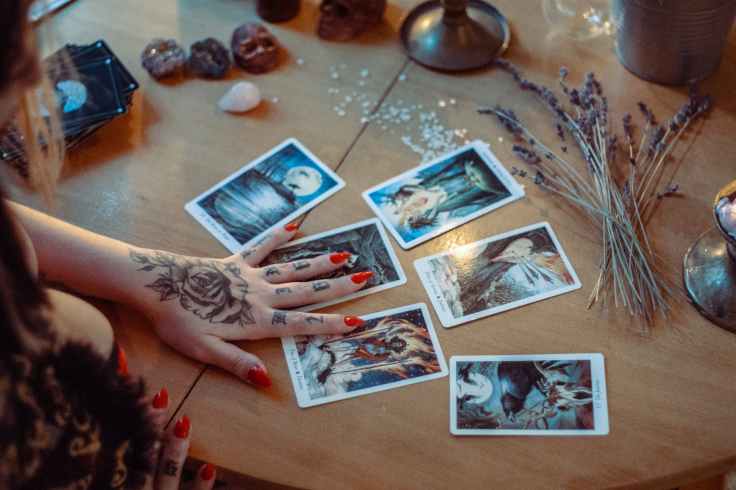
- It is difficult to recommend any single reading – the thing about Liberal Arts is that there are so many pathways and variations of individual units in each pathway that every student’s course is completely unique to them. This is a gift, but can also be isolating at times. What I have loved so very much about this course is the breadth of material we have had access to. So below are a couple of my favourite books/essays/pieces of theory from over my four years of study. They may not be useful to your own individual study choices, but are fascinating all the same!
FILM/DOCUMENTARY
- Angry Inuk (2016)
- The Gatekeepers (2012)
- I Am Not Your Negro (2016)
- I, Dolours (2018)
- Rosie (2018)
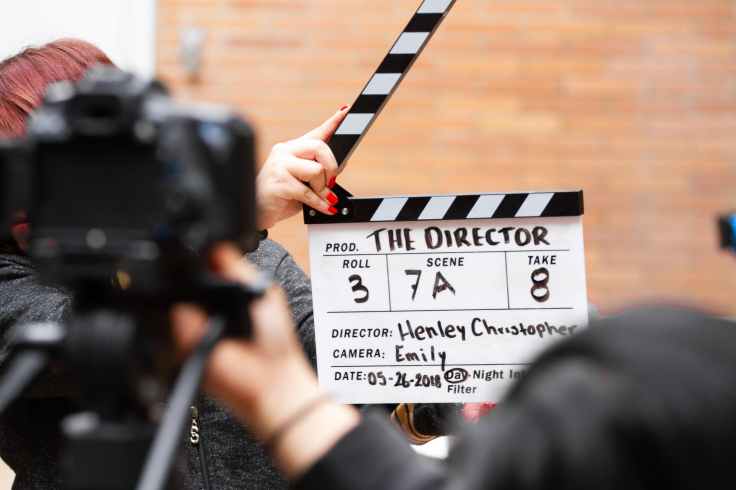
FICTION/POETRY
- Wide Sargasso Sea – Jean Rhys
- On Beauty – Zadie Smith
- Americanah – Chimamanda Ngozi Adichie
- House of Leaves – Mark Z. Danielewski
- Surge – Jay Bernard
- And Still I Rise – Maya Angelou
- Collected Poems – Louis MacNeice
NON-FICTION/ESSAYS
- The White Album – Joan Didion
- Black Feminist Thought – Patricia Hill Collins
- Do Muslim Women Really Need Saving? – Lila Abu-Lughod
- A Dying Colonialism, The Wretched of the Earth – Frantz Fanon
- Visual Pleasure and Narrative Cinema – Laura Mulvey
- ANYTHING by Stuart Hall
- Say Nothing – Patrick Radden Keefe
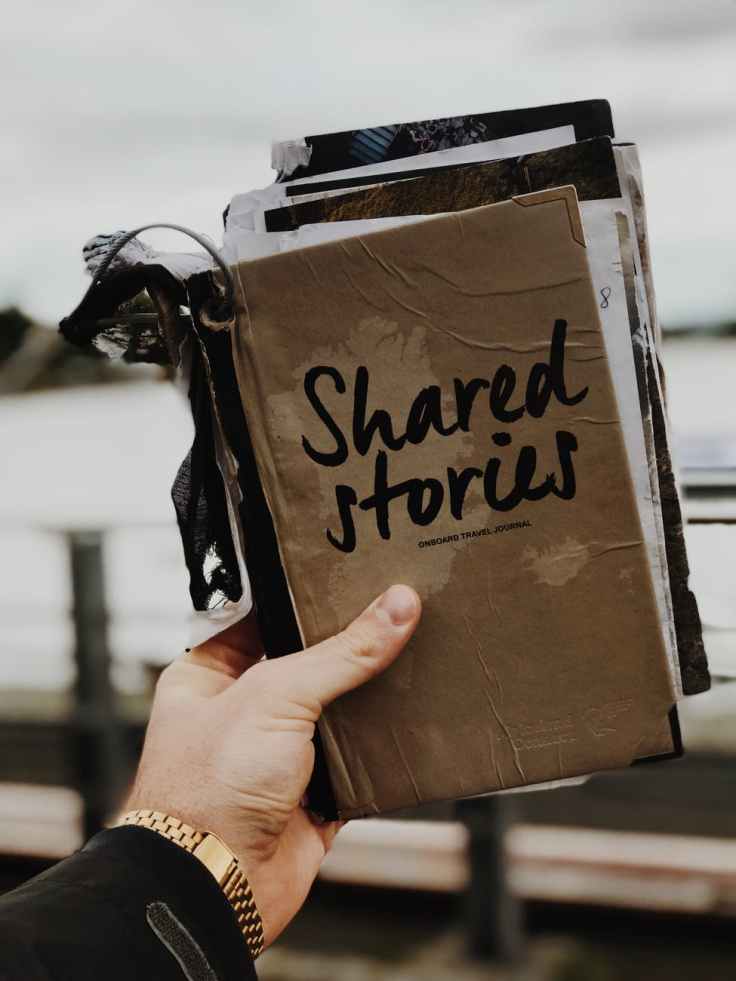
THEATRE
- Rathmines Road – Deirdre Kinahan
- We Are Ian – In Bed With My Brother
- It’s True, It’s True, It’s True – Breach Theatre
- Bin Laden The One Man Show – Tyrrell Jones and Sam Redway
- Violence and Son – Gary Owen
- I think for me, there have been a number of essays and texts which have really influenced my thinking since I’ve been at university. Something that I feel would have been fun to read before university would be something like David Foster Wallace’s E Unibus Pluram: Television and U.S. Fiction – it’s complex, but also very accessible and raises some interesting ideas.
As far as I’m concerned, Franz Kafka is essential reading; most notably Die Verwandlung, Die Sorgen des Hausvaters, and In Der Strafkolonie – again, these are not easy stories, but they certainly prompt some thinking.
I also think that for Literature and Art majors, extracts from Kant’s Kritik der Urteilskraft would be invaluable probably between sections 40 and 50?
My two favourite books are Steinbeck’s East of Eden and anything by H.P. Lovecraft.
I would love to recommend Deleuze and Guattari’s Capitalism and Schizophrenia – but maybe not for a Summer reading list….
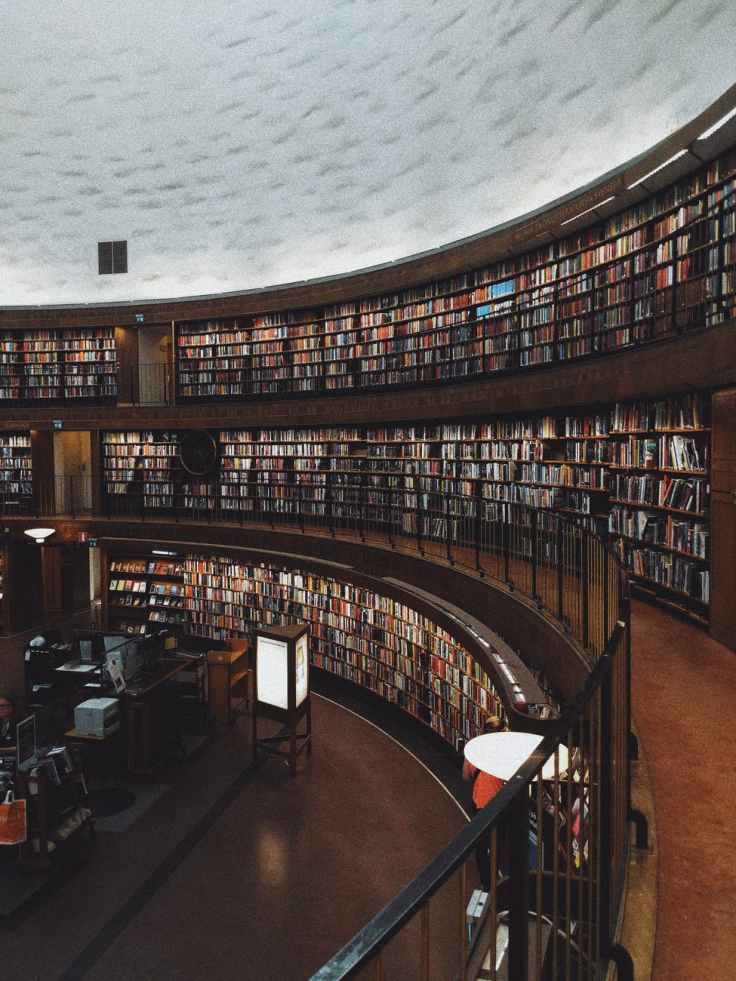
Leave a comment